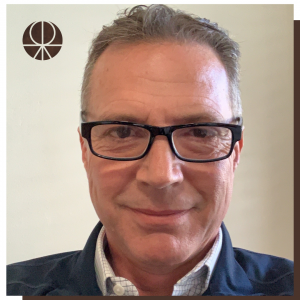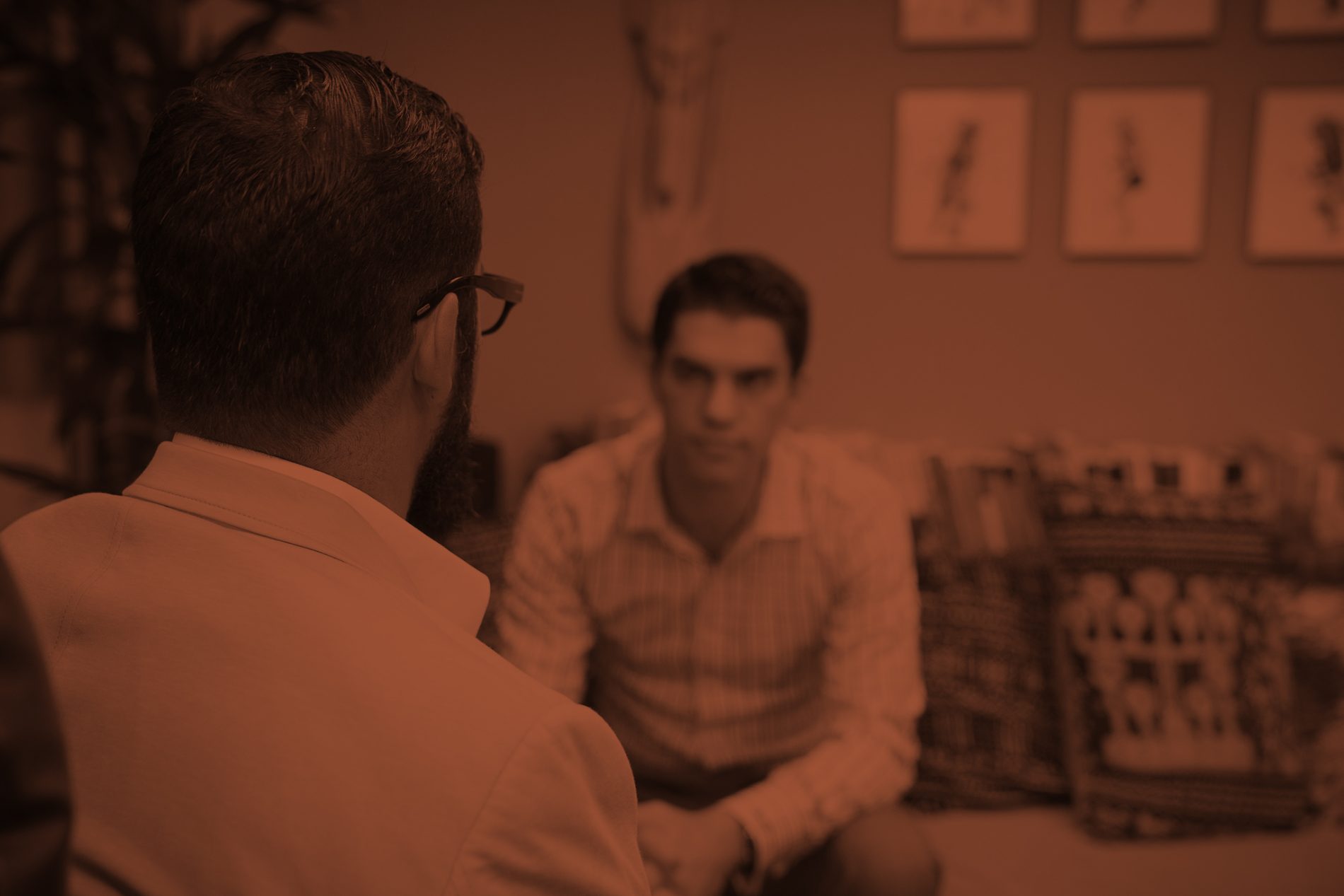There is Something of Infinite Value Inside You
From a spiritual perspective, I think the person who sums up the philosophical depth of a spiritual approach to living is Mos Def.
Mos Def is a hip-hop MC, he is pretty famous. He was signed to Rawkus Records in the late 90s. He also did some acting. I mean, really an incredible hip-hop MC, an incredible poet, and he just had an incredible spirit.
Fear Not of Man
Black on Both Sides, which was his first big album, was one of the best hip-hop albums of all time. The introduction to that album is called Fear Not of Man. He has got a line in there, I am going to try to recall it. I am going to paraphrase the line, but for me, the line in the song lays out how a person goes from being broken and lost to whole, to knowledge of self, to getting who you are and what you are supposed to be doing and what life is about.
The secret of life – hip-hop is about the people
On some level, what I am saying is he lays out the secret of life, the secret of a human individual life in this song Fear Not of Man. It starts with this little piece where there is a Conga drum going and he has got some little keys and he is kind of talk rapping and he says “People ask me all the time where hip-hop is going and I said you know, hip-hop is about the people and so if you want to know where hip-hop is going, you got to know where the people are going, you know what I mean?” And he says “So, people then asked me ‘Where are the people going?” I do not remember everything that he said but he said something like “Well, you know, I know where people should go.
People need to understand that they have value.” He says “People have to understand that they have value not because they make a lot of money, not because they got a fancy car, not because of who they are dating, not because of fill in the blank, but people have to understand that they have value because they are created in the image of God. And because they are created in the image of God, they have value.
When you understand that you have value, then you get where you are going.” I may be butchering Mos Def, but the essence of what he says is that we are spiritual beings and that we have souls, and that soul mirrors the transcendent, you can call it God if you are comfortable with it. When you get that you have a soul and that that soul is a reflection of the transcendent, of that which is most important then you realize you have value, intrinsic value.
Understand that you have value
So, it is this really incredible line but if you think about it, even here in the United States, our whole system is built on that notion, the notion of human rights, which is what allows all of us to function, is that there is something about you that is infinitely valuable. Because you are made in the image of God, therefore you have certain rights that I dare not transgress. So, from a religious point of view, from a spiritual point of view, from a political point of view, even from a psychological point of view, there is something of infinite value there inside of you. So, I urge all of you to go listen to Fear Not of Man then close your eyes, and get in touch with your own soul and find your own value.
Schedule a 30-min consultation with Yeshaia
Schedule Free ConsultationSchedule Free Consultation

